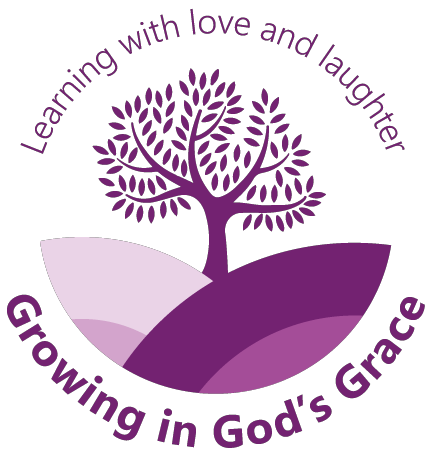Design & Technology
Design and Technology Curriculum Intent
A high-quality design and technology curriculum should engage, inspire and challenge pupils, equipping them with the technical knowledge and skills to be able to design, make, cook and evaluate their own products.
Aims
The national curriculum for design and technology aims to ensure that all pupils:
- develop the creative, technical and practical expertise needed to perform everyday tasks confidently and to participate successfully in an increasingly technological world
- build and apply a repertoire of knowledge, understanding and skills in order to design and make high-quality prototypes and products for a wide range of users
- critique, evaluate and test their ideas and products and the work of others
- understand and apply the principles of nutrition and learn how to cook.
Design and Technology Curriculum Implementation
Teachers have planned a two year cycle of work for each phase ensuring that all National Curriculum DT objectives will be covered. The long term plans show exactly what the children will be designing, making, cooking and evaluating over their time at St Laurence.
In order for the children to become increasingly proficient in designing, making, cooking and evaluating, teachers have also mapped out the focus skills on The Long Term Plans. The Progression of Skills Document shows the focus skills from EYFS to Year 6 and indicates how the children will be developing their skills during their time at St Laurence. These skills are also practised and revisited in other terms so that children have the opportunity to apply the taught concepts.
The following aims are at the heart of our design technology planning:
Develop behaviours and self-belief to become confident lifelong learners:
the behaviours learners need to succeed in the world especially resilience, independence, risk-taking, concentration, perseverance, imagination, co-operation, enjoyment of learning, self-improvement and curiosity.
Develop our moral compass: Where we fit in the world;
understand our responsibilities to our communities and planet, value spirituality in others and ourselves, develop respect and social skills, and engage in the culture we live in and understand the cultures of others.
Develop and build on knowledge and skills:
engaging and inspiring opportunities to learn new skills and knowledge, as well as build on and practise existing understanding of prior learning.
Develop communication skills in our children:
give children the confidence to speak effectively in a variety of different situations, express their opinions, make confident decisions.
